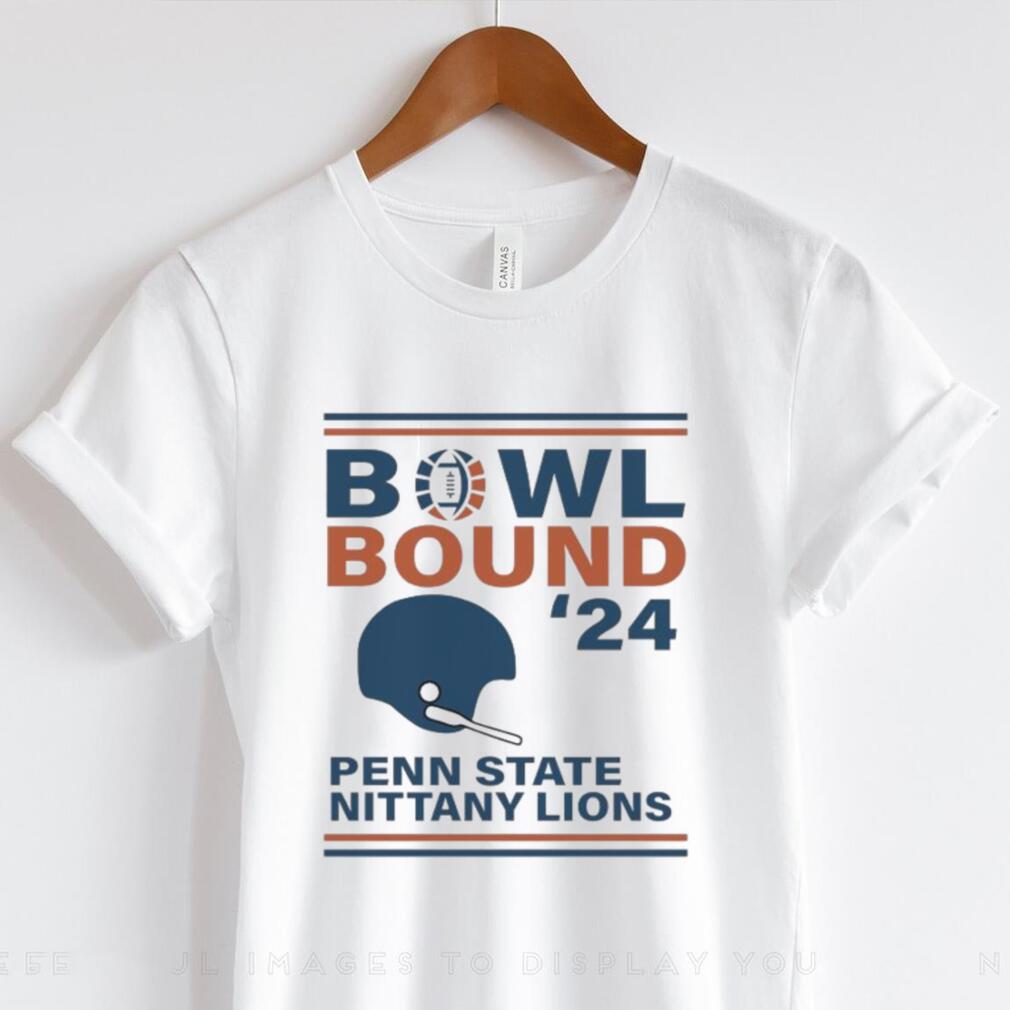Penn State Nittany Lions 2024 Bowl Bound Helmet Shirt
$26.99 Original price was: $26.99.$17.95Current price is: $17.95.
-
5% OFF 2 items get 5% OFF on cart total Buy 2
-
10% OFF 5 items get 10% OFF on cart total Buy 5
-
15% OFF 10 items get 15% OFF on cart total Buy 10
Share this:
- Click to share on Twitter (Opens in new window)
- Click to share on Facebook (Opens in new window)
- Click to share on LinkedIn (Opens in new window)
- Click to share on Tumblr (Opens in new window)
- Click to share on Reddit (Opens in new window)
- Click to share on Pocket (Opens in new window)
- Click to share on Pinterest (Opens in new window)
Penn State Nittany Lions 2024 Bowl Bound Helmet Shirt
High quality material, perfect cutting, perfect finishing, great design. I am not and by far a fashion Penn State Nittany Lions 2024 Bowl Bound Helmet Shirt , but luxury clothing like other luxury product combines what I stated before and you have to understand that research and development cost money, design cost money, finding the best quality material cost money, making prototypes cost money, having a product ready to be sold takes time and money. Having a dress from Dior or by X is not the same. Not because of the name but because of the quality.
 ()
()Penn State Nittany Lions 2024 Bowl Bound Helmet Shirt hoodie, tank top, sweater and long sleeve t-shirt: best style for you
I felt like every eye in the flight was staring at Penn State Nittany Lions 2024 Bowl Bound Helmet Shirt and trying hard not to open the doors and throw us out. No one could blame them. The smell was horrible it could have blown your nose off.What followed next were the longest 15 minutes of my life. I am one of those people who hate absolutely hate being the center of attention ever and here I was sitting in the middle of a packed flight with puke all over me stinking like ‘something died’.
 ()
()In Korea, where it’s called Seollal, there’s also a complicated political history behind the Penn State Nittany Lions 2024 Bowl Bound Helmet Shirt. According to UC Davis associate professor of Korean and Japanese history Kyu Hyun Kim, Lunar New Year didn’t become an officially recognized holiday until 1985 despite the fact that many Koreans had traditionally observed it for hundreds of years. Why? Under Japanese imperialist rule from 1895 to 1945, Lunar New Year was deemed a morally and economically wasteful holiday in Korea, Kim said, despite the fact that Lunar New Year has always been one of the country’s biggest holidays for commercial consumption. But Koreans never stopped celebrating Lunar New Year simply because the government didn’t recognize it as a federal holiday, Kim said. So as South Korea shifted from a military dictatorship towards a more democratized society in the 1980s, mounting pressure from the public to have official holidays and relax the country’s tiring work culture led to the holiday being added to the federal calendar as a three-day period.
 ()
()This Flowers having a Weird Mom builds character Xmas Day T-shirt, hoodie, sweater, tank top, long sleeve, and V-neck t-shirt is a made-to-order product, It is designed by TEECLOVER LLC. This is a limited edition product was made in the USA.
Brand: TEECLOVER Clothing LLC, Inc. - An online fashion company in the USA
At TEECLOVERLLC, we have provided quality T-shirts that are sure to make you feel comfortable and cool even in the scorching heat or cold weather. We also seek to provide our customers with the highest level of customer service possible by adhering to customer satisfaction policies and an open communication style. T-SHIRT FEATURES: - High quality 100% Soft cotton (fiber content may vary for different colors) UNISEX shirt. HOODIE and SWEATSHIRTS FEATURES: - 50% Cotton; 50% Polyester (fibre content may vary for different colors) - IMPORTANT: Runs true to size. Are buyers responsibility to consult the size chart before placing the order. - The design is printed on the t-shirt with a digital printer. - If you want to CUSTOMIZE more this product, please send me a message. CARE: - Machine wash, with cold water, and inside out - Tumble dry on low or hang to dry - DO not iron directly on the design ♥ HOW TO ORDER T-SHIRT, HOODIE, SWEATSHIRT , LONGSLEEVE







